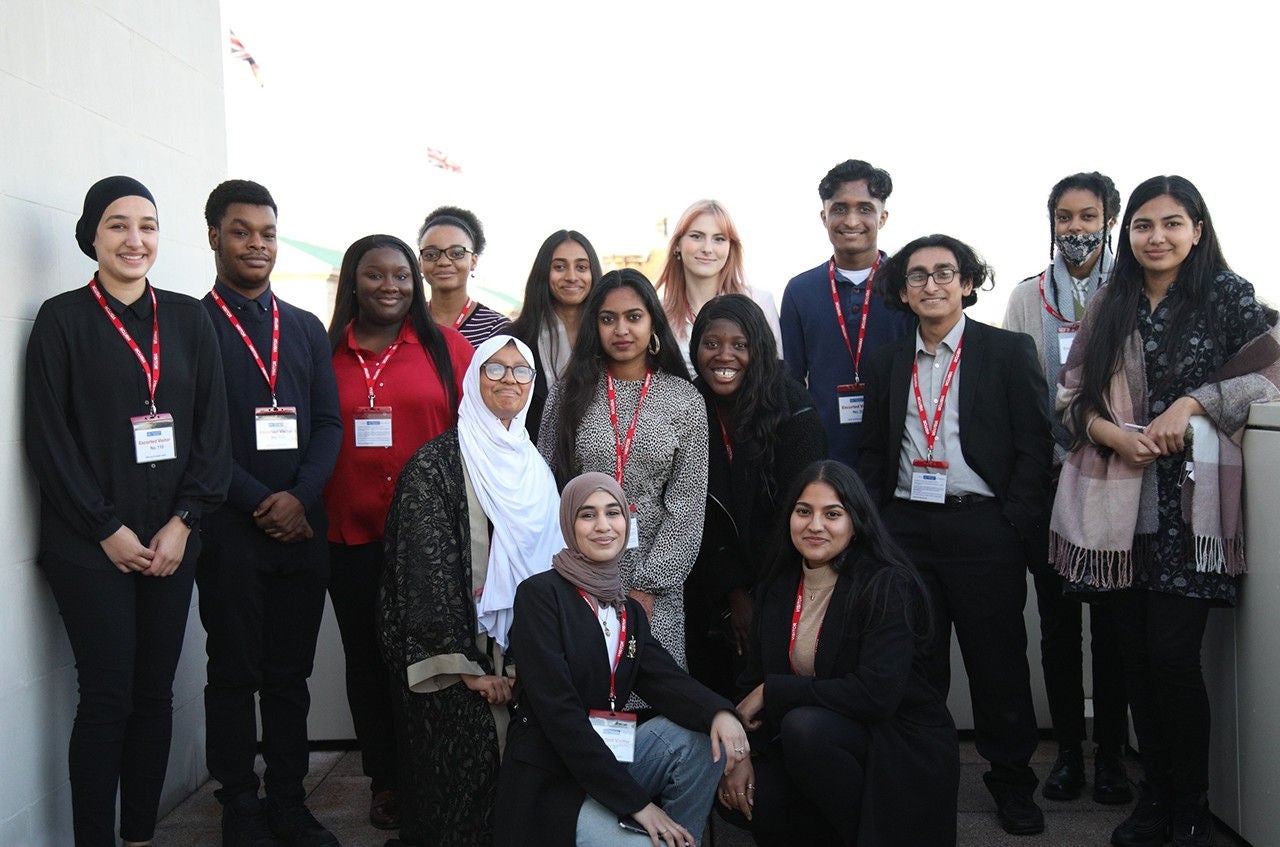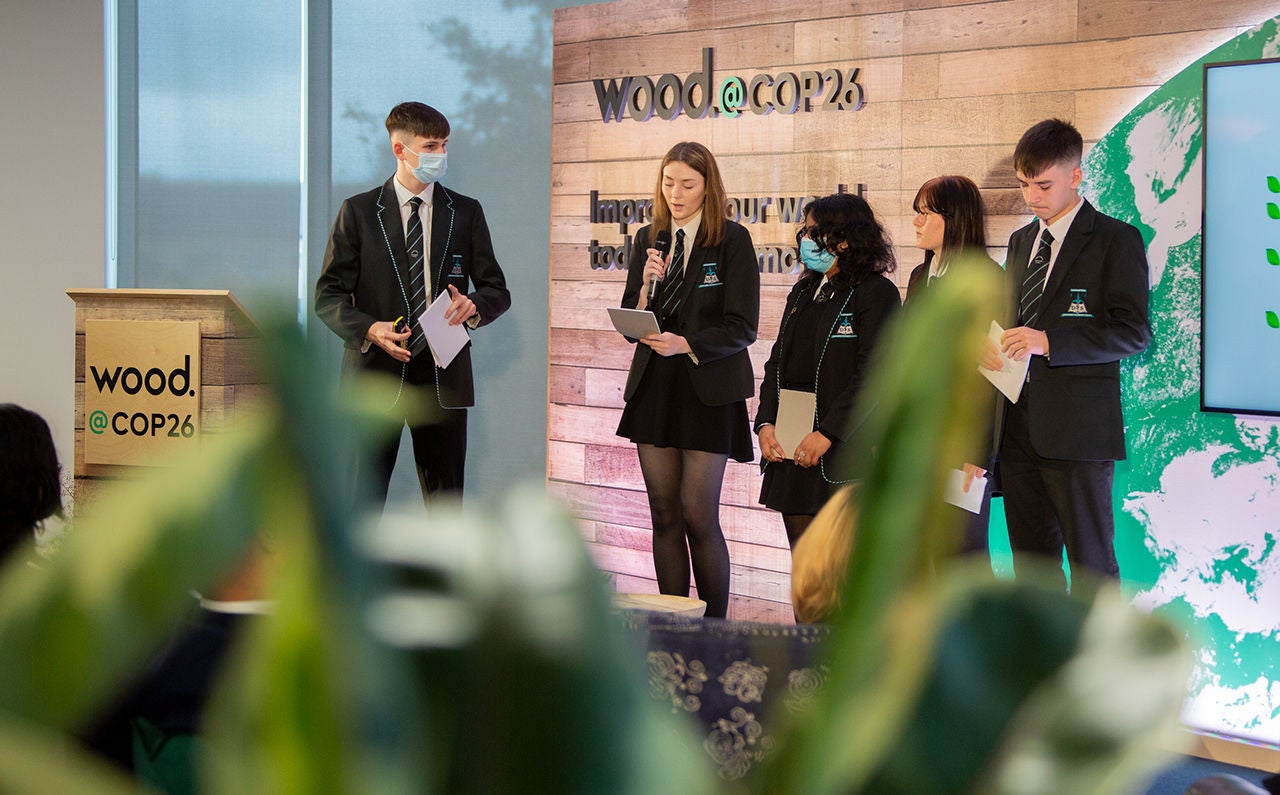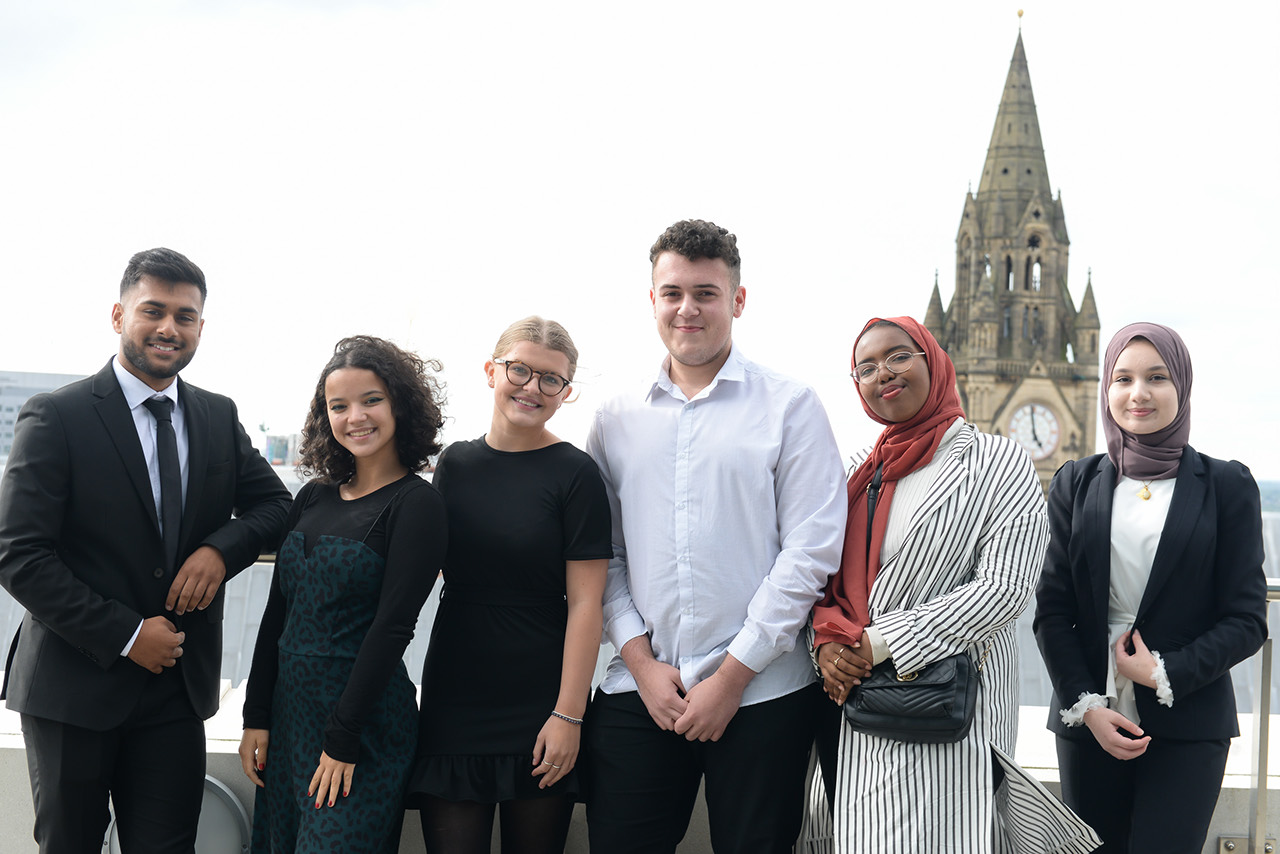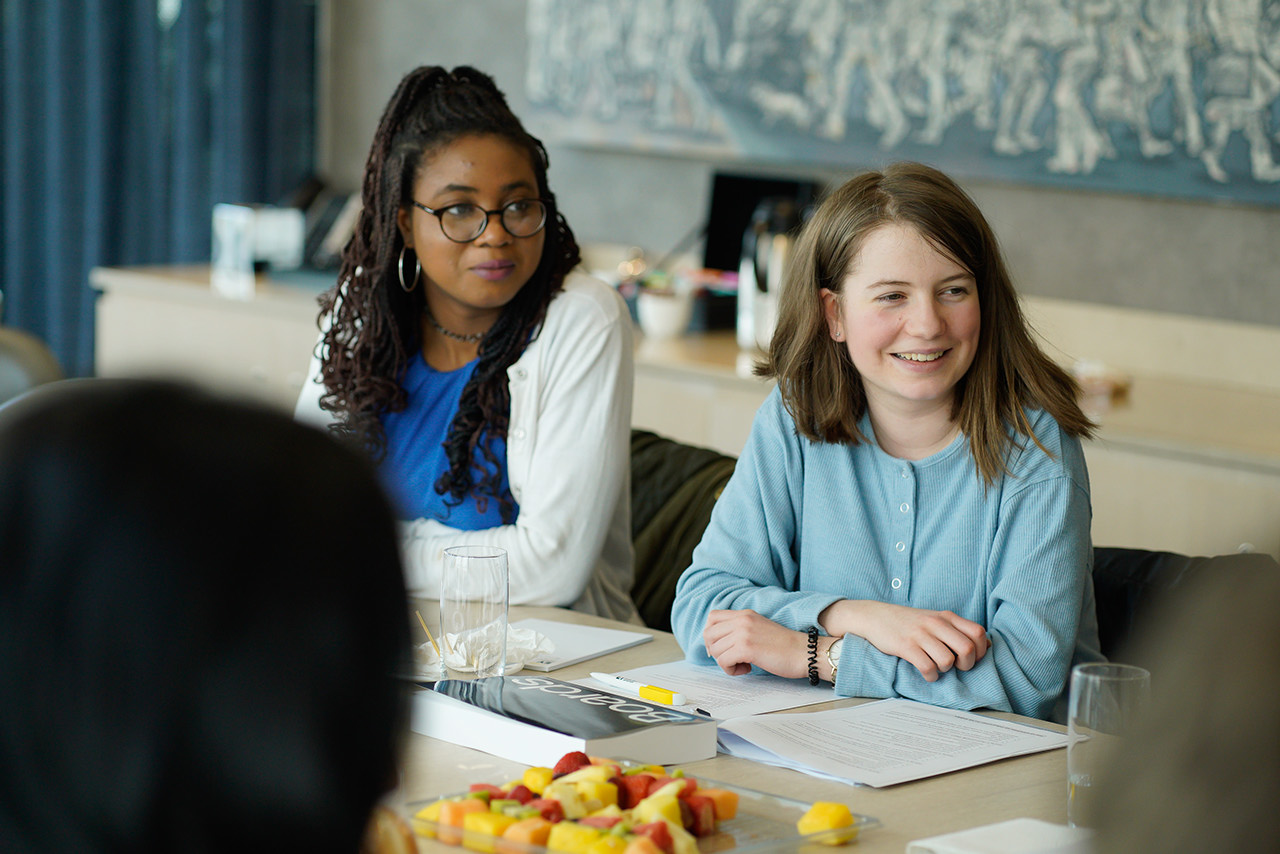The EY Foundation is a charitable company registered in England and Wales and Scotland with registered charity number 1157154 and SC045076. It is also a member firm of Ernst & Young Global Limited

As 2021 draws to a close, I wanted to say a huge thank you to everyone who has supported the EY Foundation. It has been a year that has brought many challenges, but also provides hope for a better future.
We know that the combined economic impact of Brexit and Covid-19 is hitting young people from low-income backgrounds hard. The Social Mobility Commission’s report in July painted a shocking picture, with over 4 million children – almost one third of children in the UK – living in poverty. We know too that household income has a long-term impact on the prospects of young people. For example, you are 60% more likely to get a professional job if you come from a privileged rather than working class background.
Following an increase in demand during lockdown, nearly one in five state school pupils in England now receive Free School Meals (FSM), and this may not capture the true scope of the support needed. A report from Child Poverty Action Group found that, prior to the pandemic, two in five school-age children living below the UK’s poverty line didn’t qualify for FSM under the current eligibility criteria.
The intersection of rising food and fuel prices, inflation, and cuts to the universal credit uplift compounds problems already impacting too many in our communities, leading to growing concerns over financial instability, mental health, and food insecurity. Concerns that are shouldered not just by the young people we work with, but also parents, guardians, and youth workers.
This makes the work of the EY Foundation, and other organisations in our sector, more urgent than ever.
However, though the challenges facing many young people are multifaceted and deep rooted, we are seeing some signs of progress. In the Office for National Statistics data published last week, there was an increase in the employment rate and a decrease in the unemployment rate for young people, to below pre-covid rates.
Working in an uncertain, fast-changing environment, I’m immensely proud of what the EY Foundation has achieved. Over the last twelve months we have supported 2283 young people and 30 social entrepreneurs, creating 316 employer and 2341 volunteering opportunities.
If I was to describe my time on the programme in one word it would be ‘extraordinary’, as it brought me a whole new experience where I was able to meet new people, learn new things and it helped me to understand my future aspirations.
On a personal note, a standout moment was our first face-to-face graduation in 18 months. It was brilliant to see the joy on the faces of the Met Futures students as they meet each other for the first time at the Met Police’s New Scotland Yard headquarters.
Here’s a quick word from the stars of our Impact Awards – and Met Futures graduates – Noor and Anita:
More recently, our first sustainability focused ‘Dragon’s Den’ event in Glasgow for COP26 coincided with the youth climate change march, a powerful reminder of the urgent need to amplify and promote the voice of young people.

Looking ahead to 2022, our ambition is to work with young people to achieve transformative change. We will increase our regional focus to ensure our programmes support young people in areas of greatest need, work with new and established employer partners, welcome a new Youth Advisory Board, and strengthen our voice across the sector.
We know the next year will be difficult, but the urgent need to support young people means we will be relentless in our drive to achieve more. Everything we do depends on the support of others, so whether you’ve worked with us before or are hearing about us for the first time, please reach out and get in touch. Together we can make a life-changing difference to young people who are being denied the opportunity to succeed.


